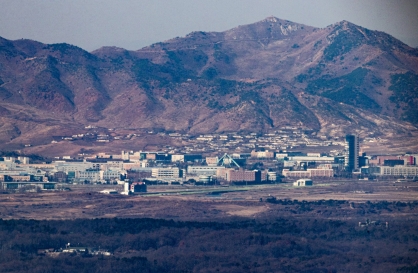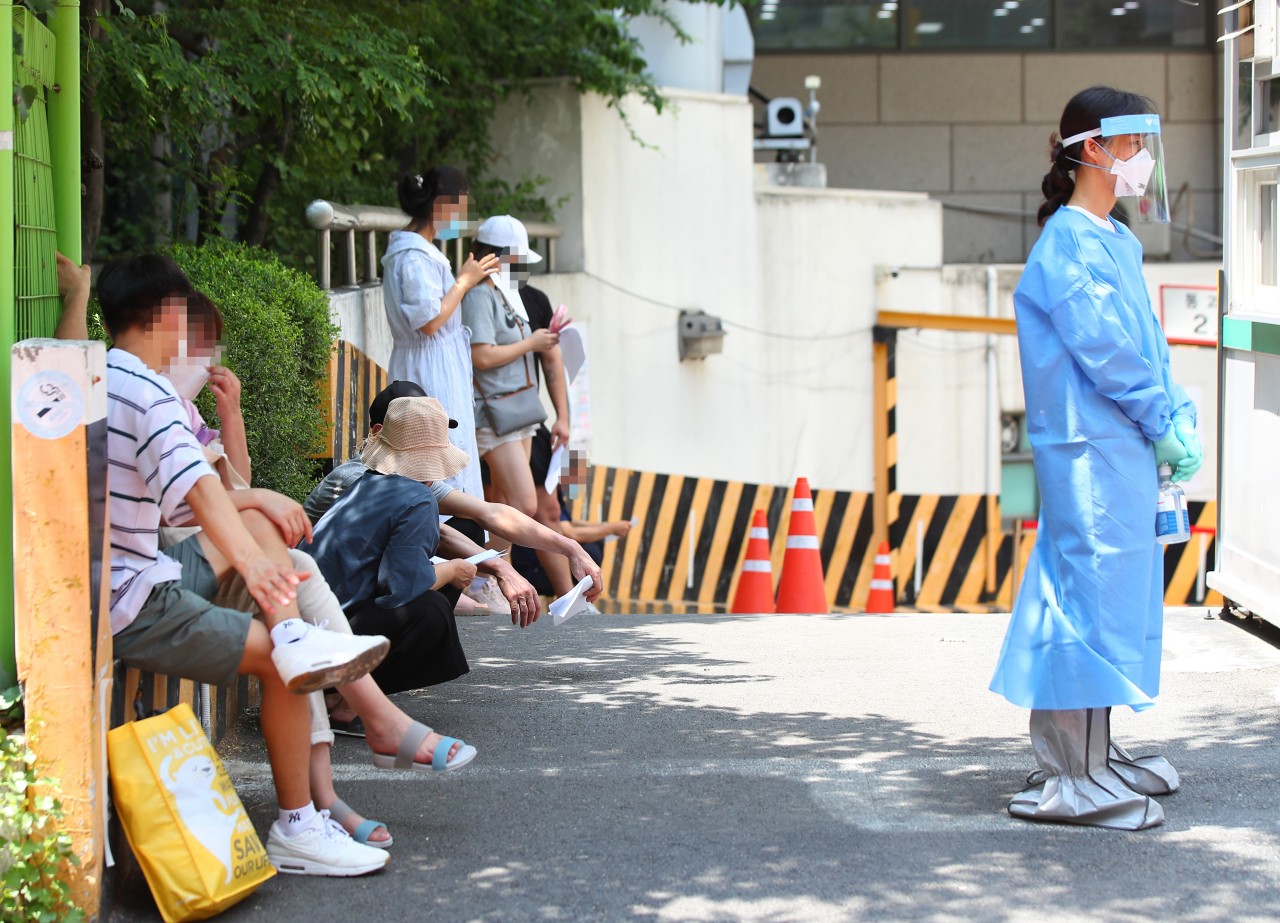 |
(Yonhap) |
Seoul's mayor vowed to reinforce quarantine measures against the new coronavirus Monday, citing a warning from experts that the country may report as many as 800 new patients on a daily basis next month if the current pace of growth in infections continues.
"The R-number for COVID-19 sharply increased to 1.79 between April 30 and June 11. If the R-number stays at the figure seen 10 days ago, daily new infections are expected to reach around 800 a month later," Seoul Mayor Park Won-soon said in a press briefing, citing public health experts.
The R-number, or reproduction rate, reflects the average of number of people infected by a patient. A higher figure indicates a greater possibility of more people getting infected.
"If things continue along this trend, it means that it's now just one month before a second wave of mass infection," Park said, adding that this is much faster than forecasts that had projected the infectious virus to go viral again in the fall.
To prevent such a scenario from actually happening, the mayor urged people to follow preventive guidelines -- such as wearing masks -- and refrain from holding meetings or working out in confined spaces.
Park said the city may take stronger preventive measures if the number of new coronavirus cases shows no sign of slowing down in the next few days.
"I have to say that the city cannot help but resume social distancing if the average number of new cases over a three-day period reaches more than 30 or if the operation rate of hospital wards tops 70 percent, a level that is considered burdensome for the public health system," he said.
The daily average number of of virus infections in Seoul stood at 17.9 as of Friday this month, a sharp rise from 7.4 in May and 5.2 in April, according to the city's data.
Park said the city government will consult with education and health authorities as well as the municipal governments of nearby Incheon and Gyeonggi Province to help contain the virus in the densely populated metropolitan area.
Health authorities, meanwhile, said the country may already be going through a second round of virus outbreak.
"We originally predicted the second wave to emerge in fall or winter," Jeong Eun-kyeong, chief of the Korea Centers for Disease Control and Prevention, said Monday. "Our forecast turned out to be wrong. As long as people have close contact with others, we believe that infections will continue."
South Korea imposed intensive social distancing measures when the country's daily infections sharply surged in February and March, but relaxed the scheme in early May after the virus curve flattened from its peak of more than 900 new daily cases in late February.
South Korea added 17 new cases on Monday, including 11 local infections, raising the country's COVID-19 caseload to 12,438.
While this is the lowest figure in nearly a month, authorities have remained on alert due to a rise in cases coming from unidentified infectious routes and the growing number of elderly patients, who are likely to suffer more from the infectious virus. (Yonhap)

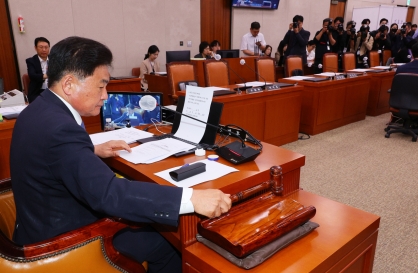

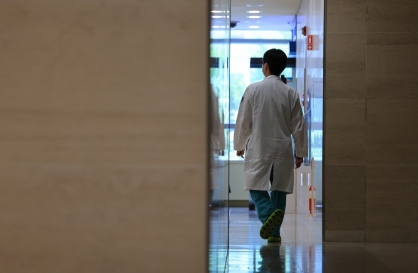
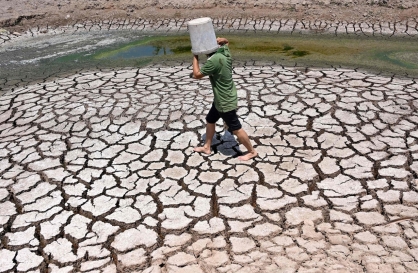

![[Graphic News] More Koreans say they plan long-distance trips this year](http://res.heraldm.com/phpwas/restmb_idxmake.php?idx=644&simg=/content/image/2024/04/17/20240417050828_0.gif)
![[KH Explains] Hyundai's full hybrid edge to pay off amid slow transition to pure EVs](http://res.heraldm.com/phpwas/restmb_idxmake.php?idx=644&simg=/content/image/2024/04/18/20240418050645_0.jpg)
